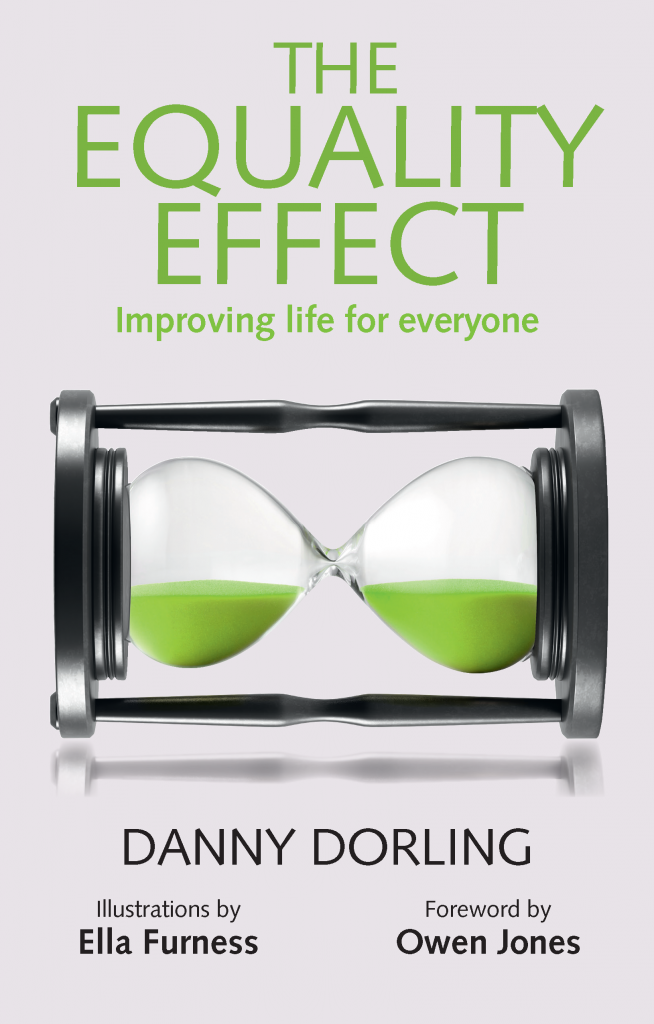Economic inequality: Are we at the turning point?

New statistics offer hope—but the accuracy of such figures is notoriously difficult to assess.
The news hardly made the headlines when it came out earlier this month. On Thursday 3rd August 2017 the High Pay Centre reported that the 100 CEOs of the UK’s highest valued public companies had, on average, seen their pay reduced by 17 per cent in the year to 2016. Now, instead of (again on average) receiving £5.4 million a year they each only took home £4.5 million, almost a million less in just one year, or roughly half a million after paying tax. The average pay of the 25 highest paid UK CEOs dropped by even more, some 24 per cent, so not only were UK CEOs overall being paid less, but inequalities within that group were falling.
The response of the press was lukewarm with the typical headline being “Executive wages may have fallen, but the case for pay ratios is even stronger.” The ratio of average CEO to average employee pay had fallen from 145:1 to 129:1 in a year. It will have to fall by more again and again and again if the UK is to even begin to dream of becoming an averagely unequal affluent country. But that is not impossible, especially if the press remains unimpressed by future falls in top “remuneration.” It happened before from the 1920s through to the early 1970s. And at the start of that period the falls in inequality were not recognised. No one said “well done for being less greedy.”
It is possible that CEO pay falls are temporary or that bosses have found another way of rewarding themselves that is more opaque, but it is equally possible the falls are real and could continue. … read more
This article first appeared on-line in Prospect Magazine on August 23rd. It is an edited and updated extract from the book “The Equality Effect”.
